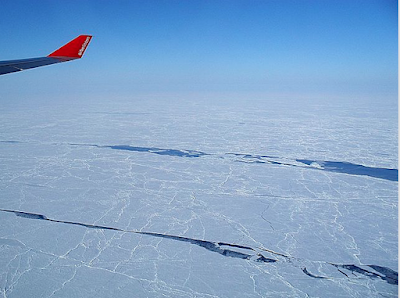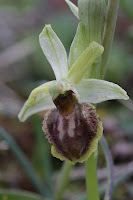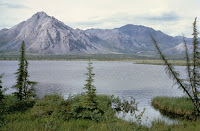Private research funders court controversy with billions in secretive investments

Science Magazine Cruise ships often burn bunker fuel, the very kind warned about in this story. A Wikimedia image. A few years ago, scientists funded by the Wellcome Trust, one of the world's wealthiest private philanthropies, published sobering findings about the deadly effects of air pollution. In a long-term study of elderly residents of Hong Kong, China, those exposed to higher levels of smog—especially tiny particles of soot produced by burning fossil fuels—were more likely to die of cancer than people who breathed cleaner air. Details here. RELATED: Please read my blog-story, "How Ethical Are Ethical Funds? Conscientious investments and the tar sands connection" l.p. by Larry Powell









